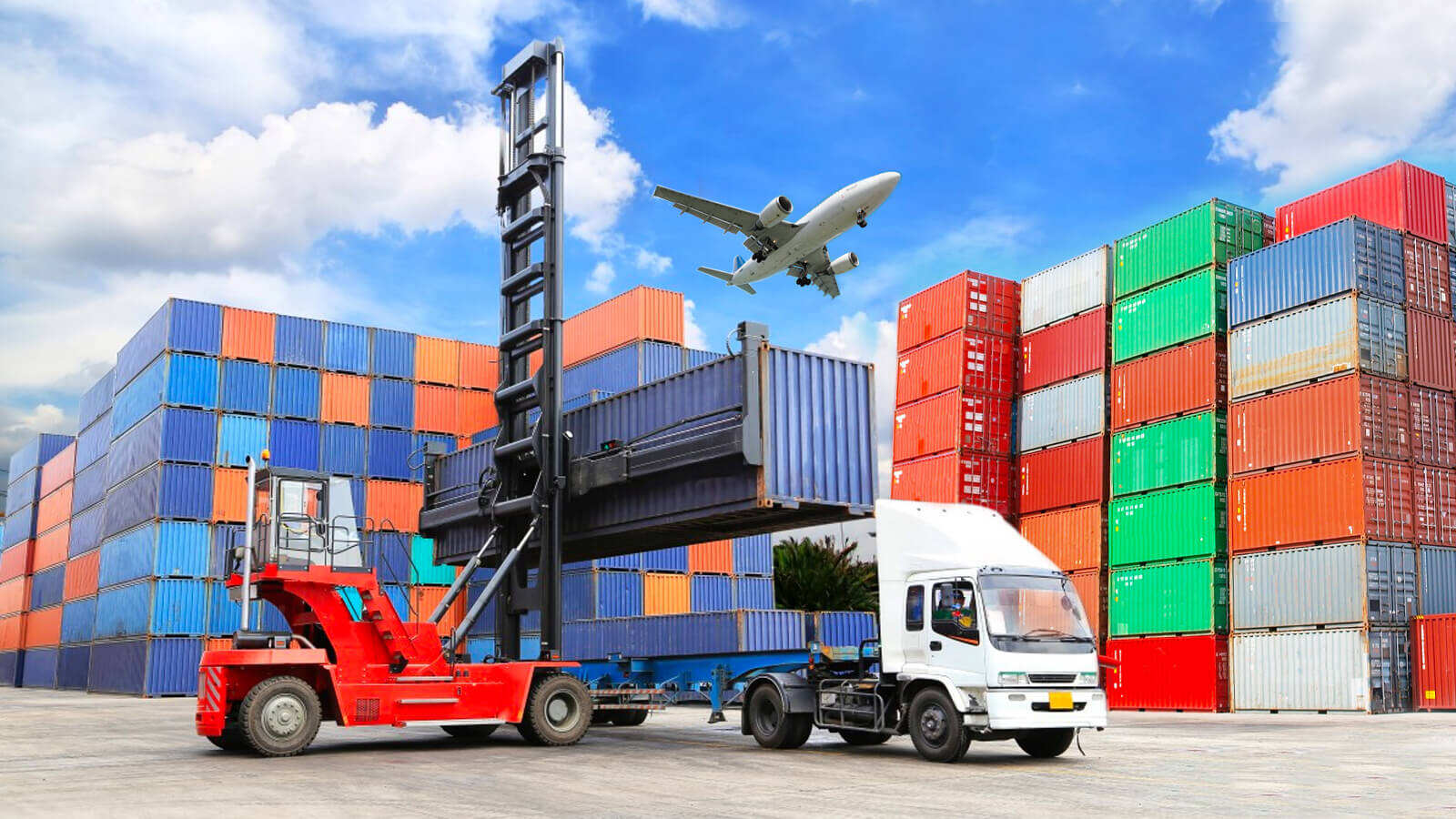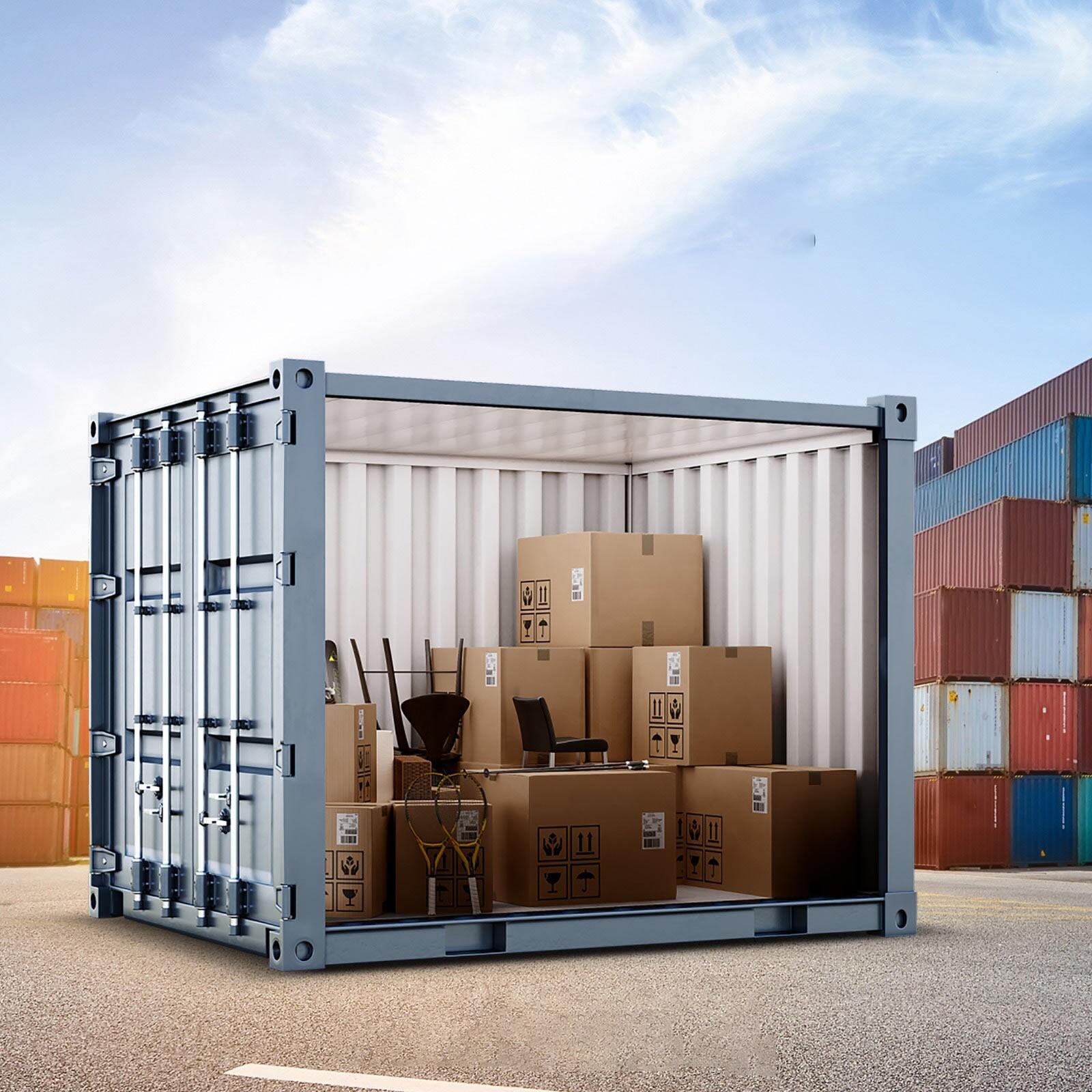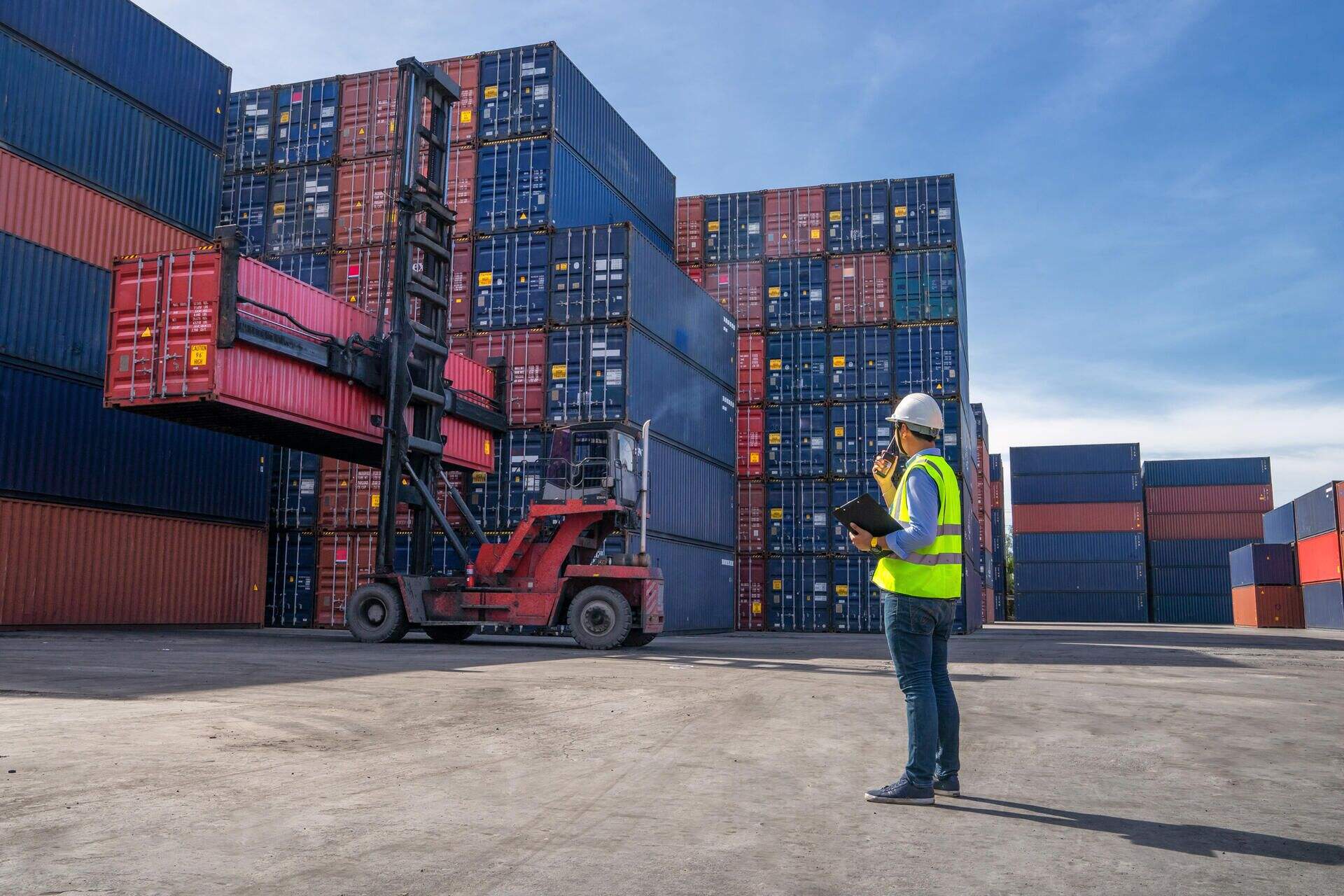kelių krovinių перевозка
Geležinkelio prekyba yra vienas iš pagrindinių šiuolaikinės logistikos ir transporto sistemų akmenų, siūlantis galingą sprendimą didelių kiekio prekių perdavimui per ilgus atstumus. Šis transporto būdas naudoja sudėtingą geležinkelio linijų tinklą, specializuotus krovinių vagonus ir sofistikuotus sekimo sistemos, kad užtikrintų efektyvų medžiagų pristatymą. Šiuolaikiniai geležinkelio krovinių sistemos įtraukia išplėstas technologijas, tokias kaip GPS stebėjimas, automatizuoti įkrovimo ir iškrovimo sistemos bei realaus laiko stebėjimo galimybes. Šios sistemos gali tvarkyti įvairius krovinių tipus, nuo masinių medžiagų, pvz., anglios ir džiuvos, iki konteinerizuotų prekių ir specializuotų krovinio, reikalaujančių konkrečių apdorojimo sąlygų. Infrastruktūra palaiko įvairius vagonų tipus, įskaitant lygiuolius, lepkelius, cisternas ir šaldytus modulius, leidžiančius transportuoti beveik bet kokią prekę. Geležinkelio krovinių veikla valdoma per centralizuotas valdymo sistemas, kurios optimizuoja maršrutų planavimą, stebi traukinio judėjimą ir koordinuoja grafikus, siekdamos maksimalios efektyvumo. Skaitmeninių technologijų integracija pertvarkė pramonę, leidžiant tiksliai sekėti krovinius, pagerinti saugumo priemones ir padidinti operacinių procesų efektyvumą. Šis transportavimo būdas ypač vertingas ilgųjų atstumų vežimui, siūlantis ekonomiškus sprendimus tuo tarpu, kol palaiko aplinkosaugą dėl mažesnių anglies dioksido išmetimų per toną transportuojamo krovinių.


